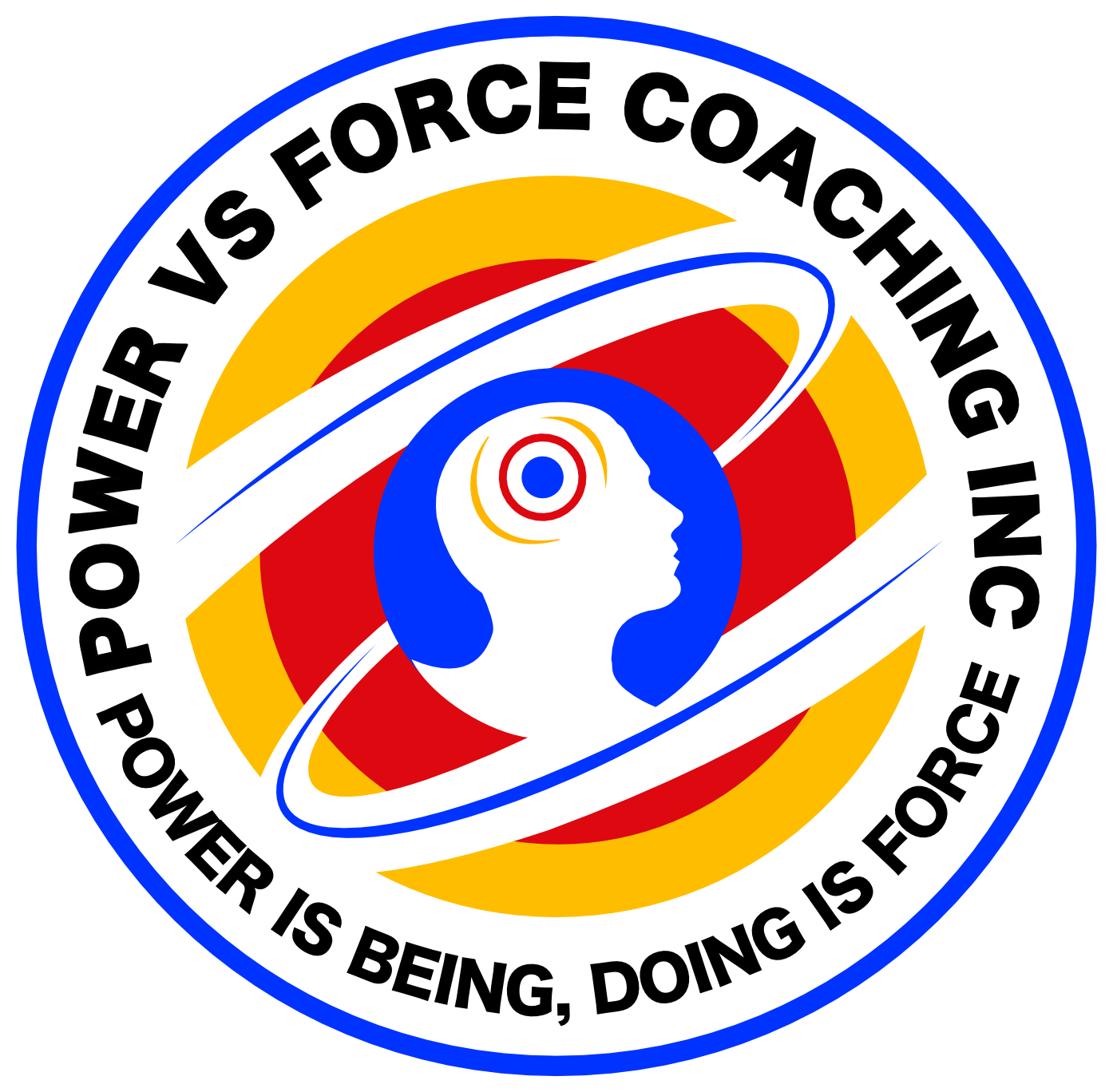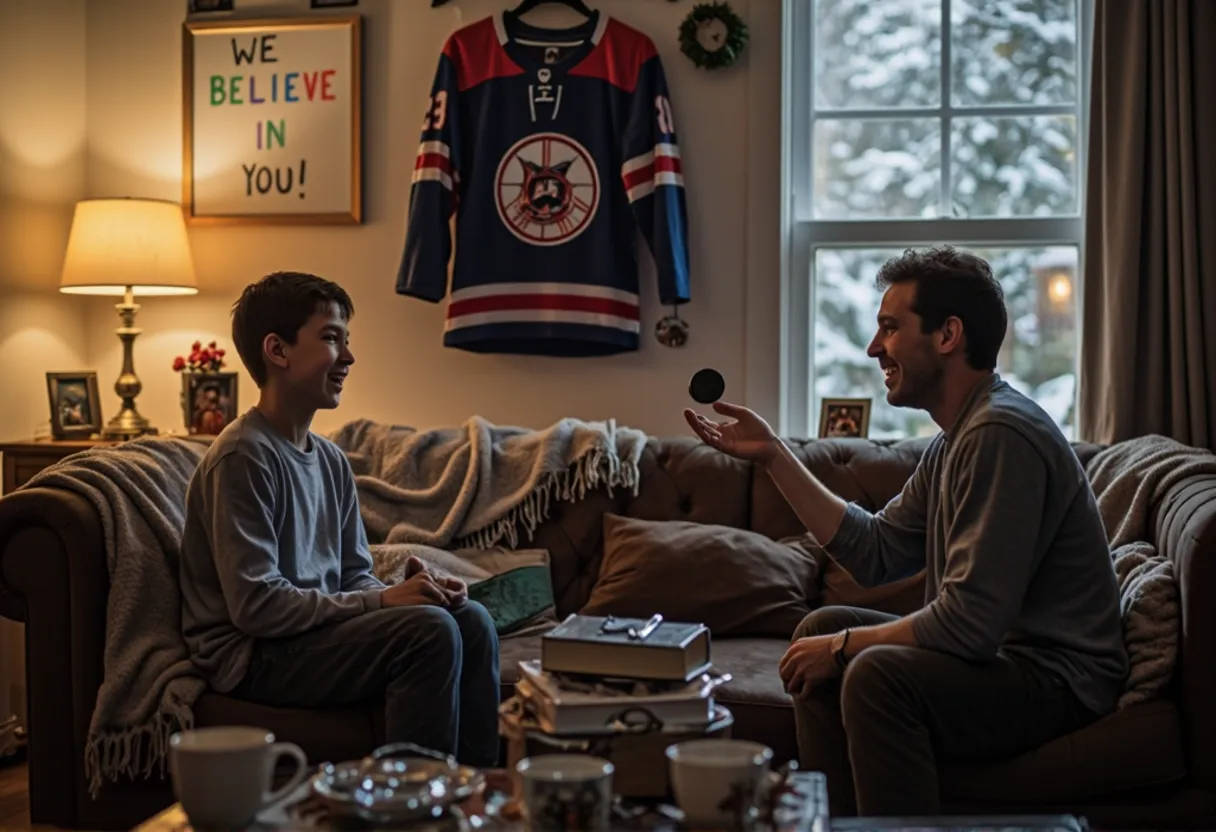Understanding Patience and Trust
In the fast-paced, high-pressure world of hockey, parents often find themselves wanting their child to succeed as quickly as possible. However, the two most crucial qualities in truly supporting your player’s growth and development, both on and off the ice, are patience and trust.
Patience is the ability to stay calm and composed while allowing growth to happen at its own pace. It means resisting the urge to rush results, criticize every mistake, or demand immediate perfection. Patience allows space for learning, failure, and resilience to develop naturally.
Trust is the confidence in the process, in your child’s ability to figure things out, and in the coaches and team structure supporting them. It’s also about creating a safe emotional space where your child feels seen, heard, and supported without judgment.
Together, these two attributes create a foundation for meaningful relationships. Relationships that are not perfect but are built on respect, kindness, and compassion.
Why Patience Matters in Your Child’s Hockey Journey
1. Growth Takes Time
Hockey is a game of skill, decision-making, and mindset. Improvement doesn’t happen overnight. A young player needs time to refine their skating, stickhandling, and game awareness. If parents become impatient; pushing too hard or constantly critiquing, they risk turning the game into a source of stress rather than enjoyment.
Patience allows a child to develop at their own rate, finding joy in small improvements rather than fearing they are not “good enough” yet.
2. Mistakes Are Learning Opportunities
Every missed pass, bad shift, or lost game is a lesson. The best hockey players in the world still make mistakes. If parents react with frustration or disappointment, it can shake a child’s confidence. Instead, responding with patience, acknowledging effort over outcome, helps them develop resilience and a love for the process.
3. Emotional Regulation is Key
A hockey player’s emotional state influences their performance. If they sense pressure, frustration, or impatience from their parents, it can lead to fear of failure, anxiety, or even burnout. Patience teaches young players that they are supported no matter what, allowing them to play with confidence rather than fear of making mistakes.
Why Trust is Essential in Supporting Your Player
1. Trust Strengthens Connection
When a player feels that their parents trust them, to try their best, to learn from their experiences, and to advocate for themselves, they feel empowered. Trust removes the need for constant parental control or micromanagement and replaces it with belief in the child’s journey.
2. Trust Encourages Independence
Hockey is a sport that requires self-discipline, responsibility, and personal growth. Parents who trust their child’s ability to communicate with their coach, manage their training, and navigate challenges help foster independence. Instead of stepping in to fix every issue, trusting the player builds confidence in their ability to handle adversity.
3. Trust in the Process Builds Long-Term Success
Many parents worry about their child’s playing time, development, or future in the sport. While advocacy has its place, over-involvement can erode trust in coaches and the hockey system. Trusting the process, understanding that progress happens in waves, and allowing your child to take ownership of their experience creates a healthier and more sustainable journey.
Building a Meaningful Relationship Through Patience and Trust
Hockey parents don’t have to be perfect. What matters most is fostering a supportive, respectful, and compassionate relationship with their child. Here’s how patience and trust help build this connection:
- Listen more than you instruct. Ask your child how they feel about their game rather than immediately giving feedback.
- Acknowledge effort over results. Celebrate hard work, not just goals or wins.
- Give space for self-discovery. Allow them to work through challenges rather than fixing them immediately.
- Trust that they are on their own timeline. Every player’s development curve is different, believe in their journey.
- Be their safe space, not another source of pressure. Hockey is tough enough. Let them know home is a place of encouragement, not constant critique.
Conclusion
The most successful young hockey players aren’t the ones with parents who push them the hardest, they are the ones with parents who provide unwavering support, patience, and trust. By focusing on the long-term growth of your child, both as a hockey player and as a person, you create a foundation where they can thrive, not just in hockey, but in life.
If you’re looking for more guidance on how to support your child’s hockey journey with patience and trust, or if you have any questions about this topic, feel free to reach out! Whether it’s a discussion, a resource recommendation, or specific strategies to implement, I’d be happy to help. Let’s work together to create an environment where young players feel empowered, supported, and able to reach their full potential.





